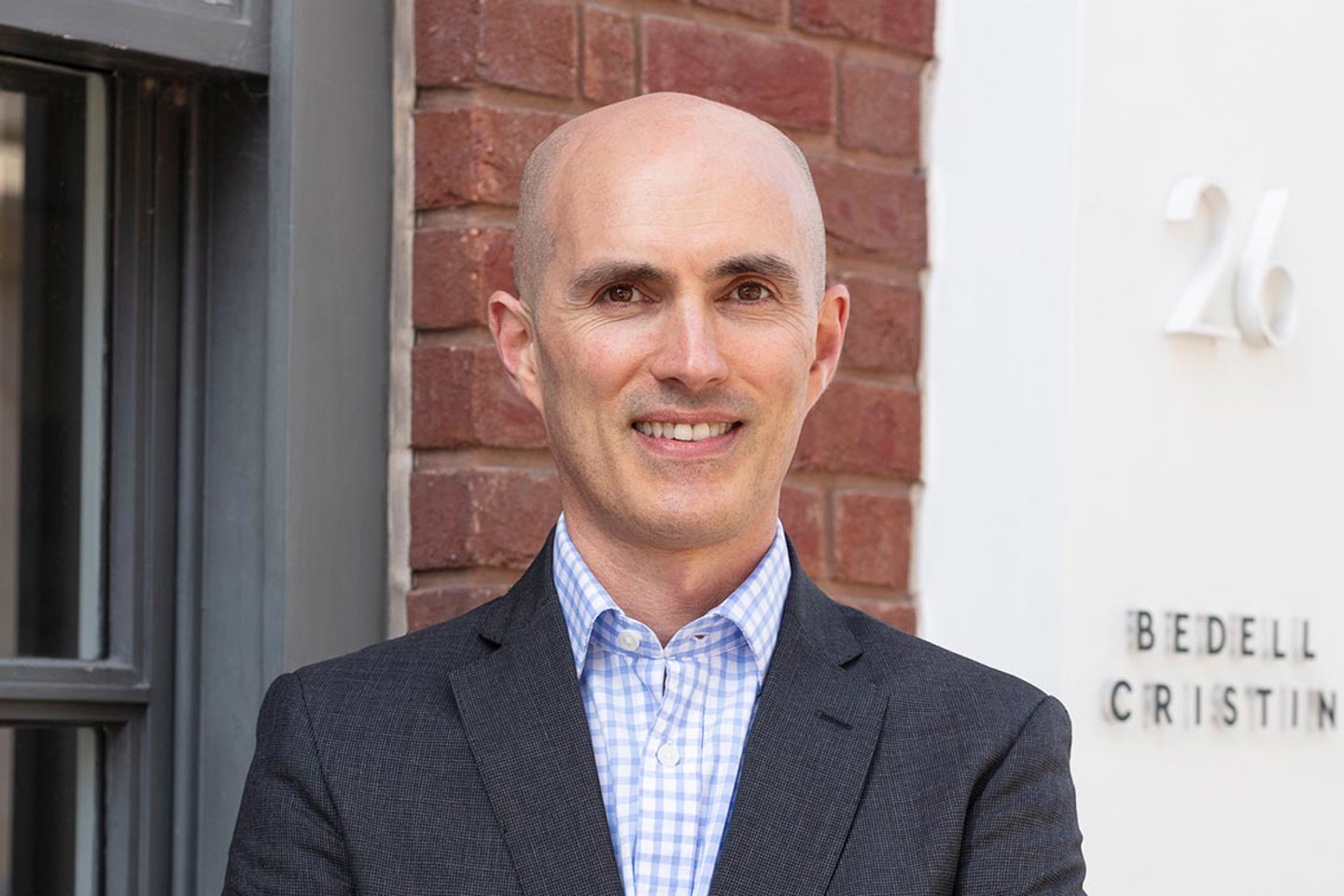A creative solution by Advocate Edward Drummond, recently appointed as amicus curiae to assist the Jersey Court, resolved 20 years of trustee directions in The matter of the Banayou Trust [2019] JRC 078.
The case arises from the collapse of Yugoslavia in the 1990s. The National Bank of Yugoslavia (NBY) formed and funded a Jersey law trust as a vehicle for buying back its debts cheaply on the secondary market. After the disintegration of Yugoslavia, the NBY ceased to exist. But the trust assets remained. The trustee was left in a quandary and sought court directions in 1999 - for whom did it now hold the money?
It followed the “beneficiary route”, trying to identify under international law who inherited the debts and assets of the NBY on the basis that they could simply be substituted as beneficiaries, and then spent 15 years negotiating with those successor states their split of the money. But usually when all the beneficiaries cease to exist, the trust fund goes back to the settlor (the “settlor route”). So arguably the route chosen was the wrong one, albeit in this case the destination was the same (as NBY was both settlor and beneficiary), the international law analysis was still needed, and there were no wider repercussions for the trustee as it had been subject to court directions all along.
But a further problem arose - because the negotiations had taken so long, the agreed split took no account of the later division of Serbia and Montenegro, or Kosovo’s declaration of independence. So possibly the wrong countries were benefitting.
As amicus curiae appointed to assist the Court, Advocate Drummond suggested a novel approach - an order that covered both the settlor and beneficiary route, and had effect like a “Benjamin order” in respect of Montenegro and Kosovo. Benjamin orders are used when a beneficiary is missing presumed dead - it allows the trustee to distribute on the footing he or she is dead, and so to bring the trust to an end. If he or she later appears, they can claim against those who received the distribution - not the trustee. In this case, the distribution was blessed without prejudice to the rights of Montenegro or Kosovo.
The judgment is also the first reported application of the principles set out in HSBC v Kwong [2018] JRC 051A regarding publication of trust judgments in full where anonymisation is not possible. Although contested by the trustee on behalf of the successor states, as this case involved public funds and no private individuals, it has been published in full.
Click here for a copy of the judgment.
No Content Set
Exception:
Website.Models.ViewModels.Blocks.PageBlocks.CardBlocks.DownloadCardBlockVm
Location: Jersey
Related Service: Litigation & Dispute Resolution


